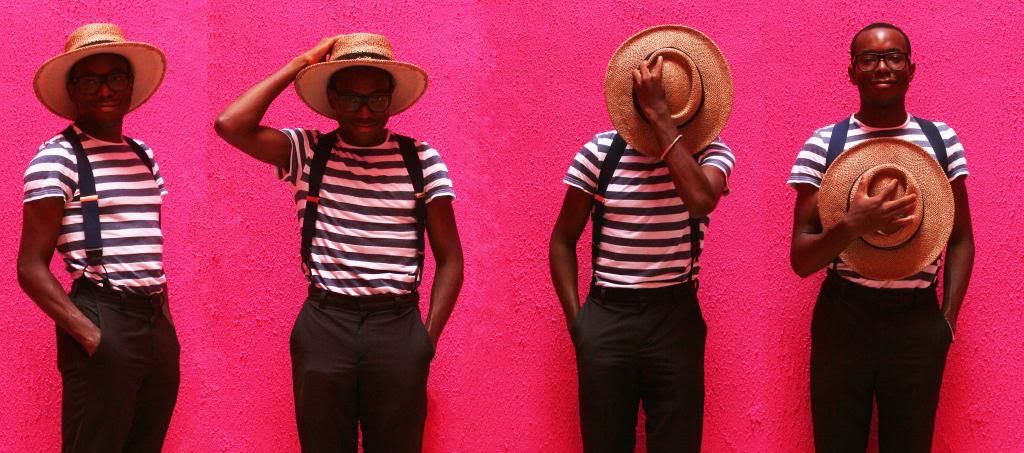We must treasure the moments we have while we have them. While musing on the topic of Religion yesterday a sober thought struck me — what if it’s all untrue? It’s a difficult question to ask yourself. As a Christian, or more accurately, as someone brought up in the Christian religious tradition, you are taught that God is the universe and humans are at the centre. This theist centrism is not a metaphorical one, we Christians sincerely believe (most of the time) that we matter to God and that God matters to the universe — therefore what we do, think, and say are matters of universal importance (especially when judged through the lens of ‘God’[1]). Often, I am taken by the thought that this centrist paradigm feeds arrogance and self-importance in men; the fuel that ignites the flames of vanity.
By placing the individual at the centre of all creation we create justifications for our excesses because after all, all creation — even the birds, the trees, the sun, and the planets that litter the vast endlessness of our spangled universe — was made for the singular purpose of enabling humans transit between here and the hereafter. Isn’t this a dangerous morality? Is it surprising that what follows from this logic is a philosophy that obsesses about things unseen and remains ignorant of the present human condition? Is it not this ignorance, induced by our self-obsession, that is at the core of all suffering on earth?
As a Nigerian, this centrism is even more literal. It is the framework through which we relate to the stark world that surrounds us and how we make sense of the lives we live. My view is that our willingness to follow bad leaders and to live in blissful ignorance about the sorry state of our country stems from being socialized at an early age in religious (and cultural) traditions that inculcate a blind and unquestioning obedience to authority. Nonetheless, these words, these thoughts, are the privilege of my status. What does my philosophy matter to the poor man? What does my empathy profit him? Does it put food on the table? Who am I to tell him that he is poor? No, in fact, it probably comes across as the mindless prattling of a self-regarding elite who from Olympian heights condescends to know the experience of the poor man and what he needs. He does not know, God knows, God trusts, God provides, God decides, have faith, that is good enough.
In this sense quoting Marx’s famous words makes poignant sense — “Religion is the sigh of the oppressed creature, the heart of a heartless world, and the soul of soulless conditions. It is the opium of the people. The abolition of religion as the illusory happiness of the people is the demand for their real happiness. To call on them to give up their illusions about their condition is to call on them to give up a condition that requires illusions.” So even while I remain a staunch critic of the religious experience, even while I revile the odious corruption of the identity of God in the self-interest of man and his politics, I am softened by the understanding that for many the devotion to religion serves as a palliative. In a world of sham, imperfections, and broken promises, it offers aspirations that are perfect and divine.
[1] The character and characterization of God by humans either through biblical interpretation or societal norms bears heavily on the religious experience.
PS: This not atheism. At most it is a critique of religious practice.
Originally published on Eskor Toyo's medium account. Which we highly recommend. He's Reforming himself while living in Lagos.









2 comments:
Some Pastors Need Humility
Some members need sense!!
Post a Comment